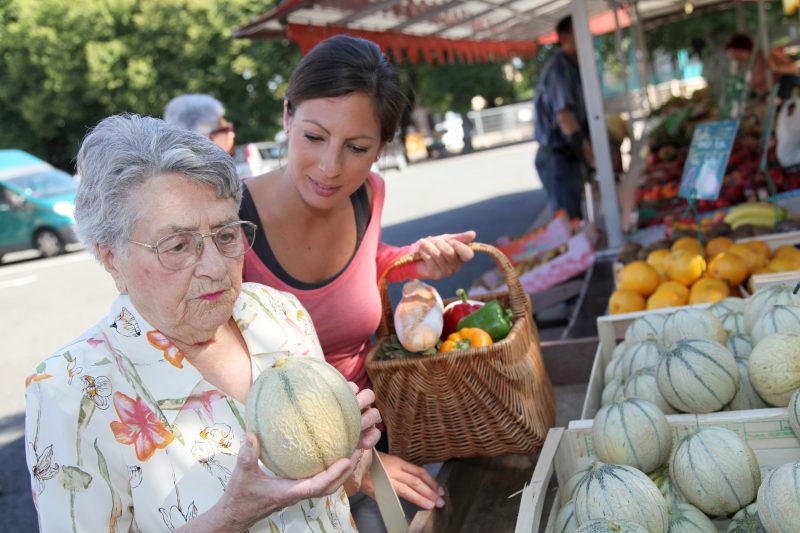
The most common form of dementia today is Alzheimer’s Disease. This disease creates incredible challenges for one’s memory, thinking, and overall behavior. The symptoms of this horrible disease do not develop quickly but rather slowly and quietly. Early diagnosis of this disease is very important in helping to determine proper treatment plans.
The symptoms for Alzheimer’s is not the same everyone. A person that is in the early stages may still be able to carry on normal functions such as driving, going to work and but start to notice some minor changes. I could be identifying what word to use, remembering someone’s name, completing normally regular tasks, or forgetting activities that were routine and usual. A person with early stage Alzheimers could also forget items that were just read or viewed and regularly put items in places they forget.
Here are some of the reasons why the early diagnosis of Alzheimer’s is important:
- The symptom may actually be associated with something other condition completely unrelated to Alzheimer’s. Such illnesses could be depression, alcohol or drug abuse, and more. A doctor should be seen in order to gain a proper diagnosis.
- Early diagnosis may give someone a much better chance for treatments. While not every case is the same and the severities are always different; early detection and treatment can make a huge difference. It can offer continued freedom and possibly slow the decline.
- It offers more time for the patient and the family to understand the disease. This can be particularly helpful with reducing overall stress and to develop realistic expectations of the disease and any treatments that are available.
- Early detection can also help with planning. Many decisions will need to be made regarding overall care, living options, legal and financial matters, and creating plans
- that benefits the patient’s future quality of life.
- Caregivers and family members of the Alzheimer’s patients benefit from early detection because it allows them to be better prepared for every phase of the disease, its treatment, and the emotions that accompany affecting them and their loved one or patient.

